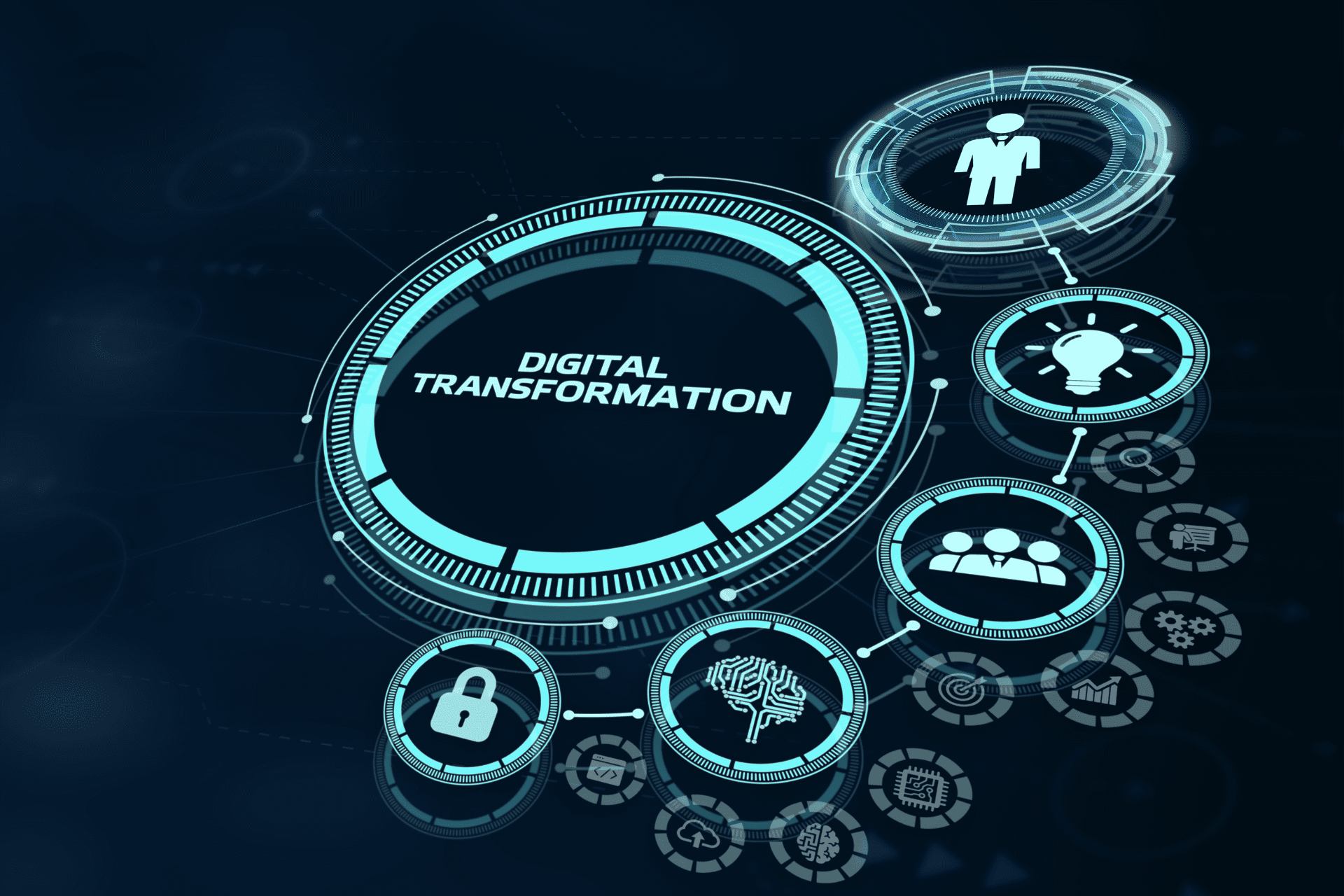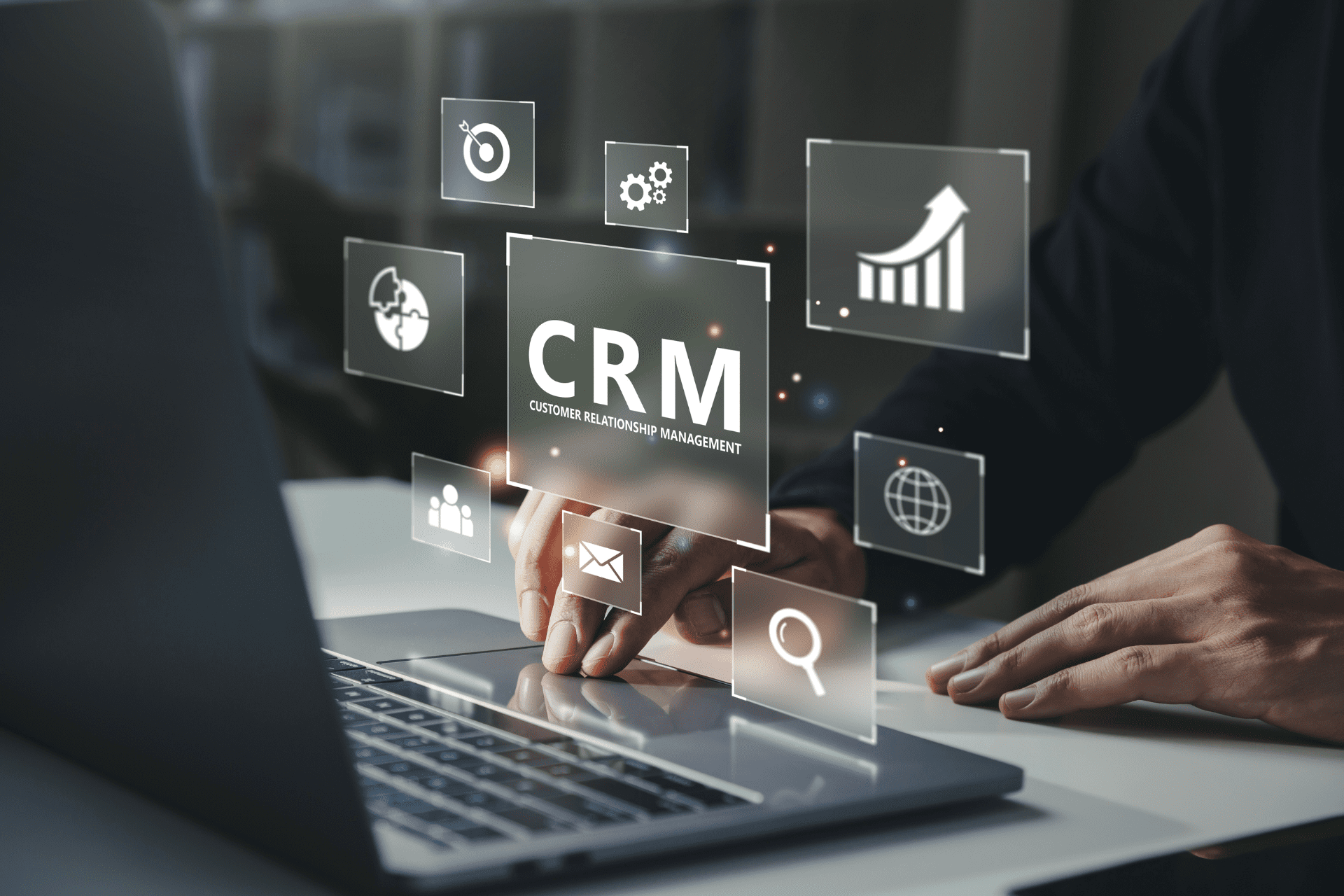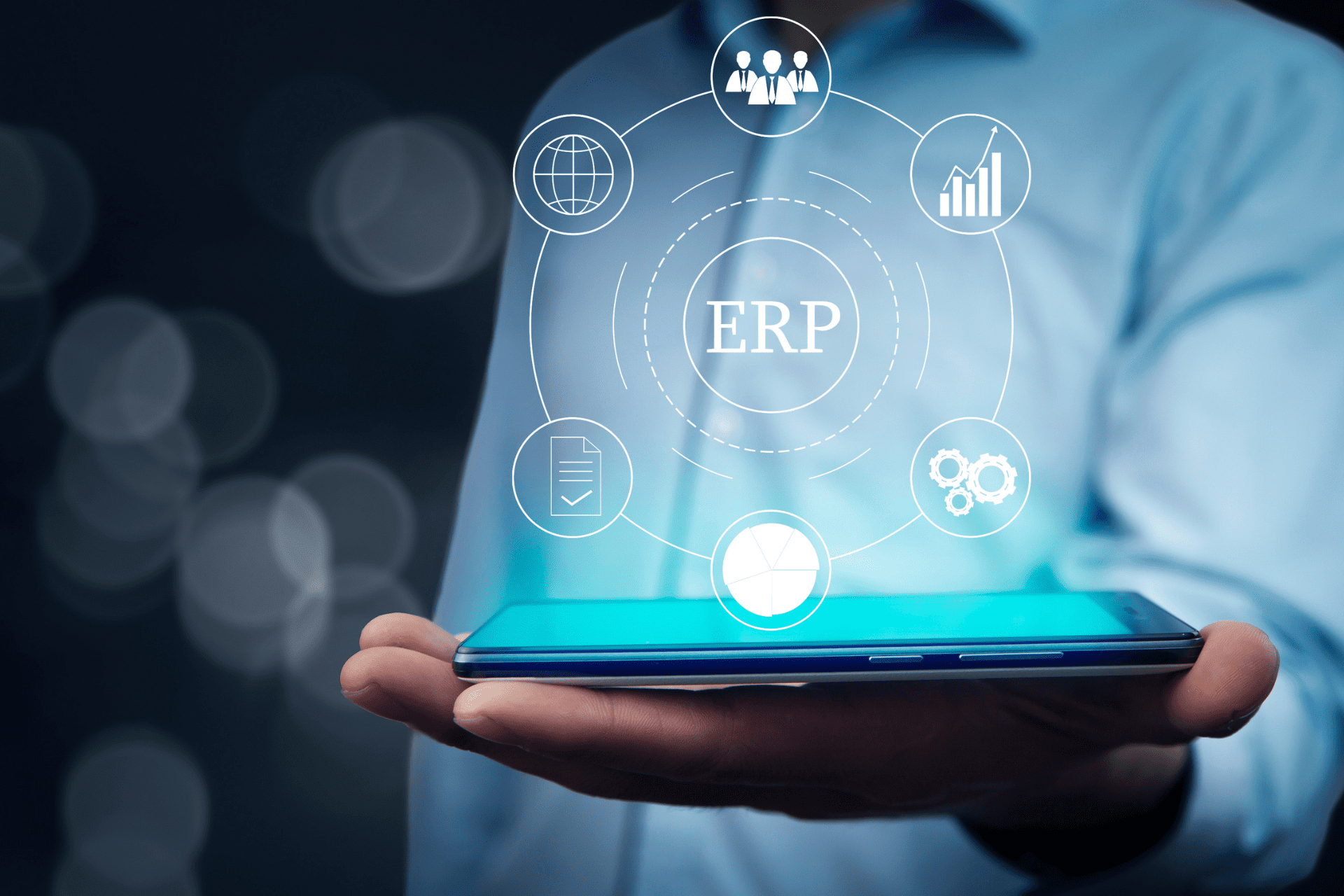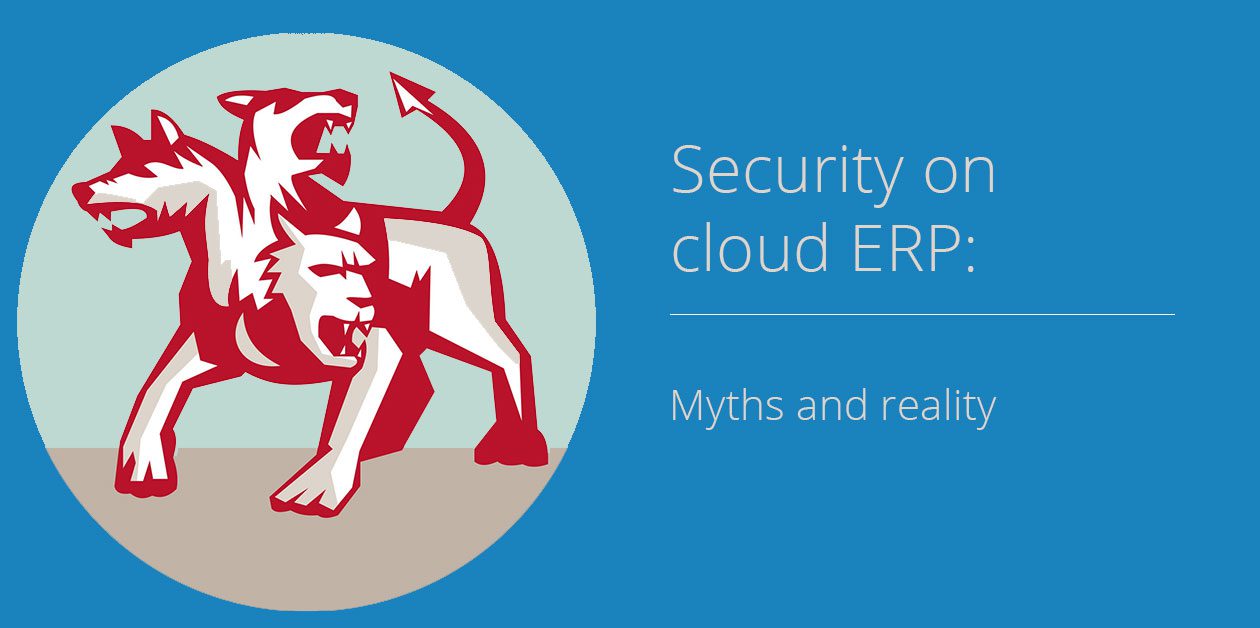Share
Read also

Trends & Views
Digital transformation strategies

Business Software
CRM 2025 market: Response to increasing customer demands

Business Software
Understanding the ERP lifecycle management

Mobility
How is EM shaping the way SMBs operate?
Undoubtedly, the invasion of cloud computing has drastically changed the way businesses understand and deploy computing solutions. Actually, today’s businesses consider cloud computing as an integral part of their IT strategy, and more importantly, on a long-term basis.
The rapidly increasing number of businesses that are adopting cloud computing, has led to a clear shift in the targeting of the IT services themselves. In particular, interest is now shifted from front-office applications (such as CRM systems) to back-office solutions (such as ERP)! For the first time, businesses have the ability to deliver their end users valuable experience. According to a recent study conducted by Price Waterhouse Coopers (PwC), the investment in SaaS solutions in 2016 is expected to double in comparison to the previous year, reaching 78 billion dollars! Another even more important conclusion of this study is that businesses are re-defining the way they operate and address the market, which automatically leads to the emergence a new, accepted standard that is actually not standardized!
The same study concluded that the current expenses for hybrid ERP systems are often significantly higher than those for traditional ERP systems! Of course, in order to benefit from a hybrid system, you need to consider and handle it as a catalyst for strategic changes, based on which you’ll plan the future of your business. If you think that such a system will just help you reduce costs, then you are certainly not going to get much out of it.
It is common ground that the Greek economy and market are mostly services-oriented. But, have you ever really thought about the importance of cloud-based ERP systems when it comes to the development and dynamic emergence of new services? How many new business models have actually utilized this technology?
A year ago, the term “self-driving ERP” was introduced to the international market. Rest assured that we have not yet entered the era where machines have become autonomous and taken over business operations. Self-driving ERP is actually the evolution of ERP systems, which are now more intelligent, and able to utilize big data in order to serve their growing needs for better decision-making, high-quality services to customers and new business opportunities.
In this new scenery, cloud computing is expected to have a major impact on the development of self-driving business applications that will take advantage of the dynamics of predictive analytics, BI and so on. Furthermore, ERP systems will be renewed and designed in a way that will serve the users, rather than the products.
At the same time, users will not need to waste time on repetitive (usually manual) processes, thus enhancing their productivity and efficiency. One of the main advantages of this approach is that it can lead to ERP systems enriched with high-quality and more relevant data! It should be noted that the traditional business software platforms provide empty forms that users can populate with the required data. Nevertheless, this is an extremely time-consuming procedure that is usually susceptible to data errors due to the human intervention. Just think what could happen if you inserted the wrong communication details or services information for a customer… A true chaos that will inevitably lead to luck of trust and perhaps the end of your relation with that customer!
On the contrary, self-driving ERP systems transform data collection into an easy and simple task, while ensuring that data is always important and relevant. As a result, businesses tend to provide a much better experience to their employees, regardless of the devices they use, and ultimately improve the services provided to their customers.







